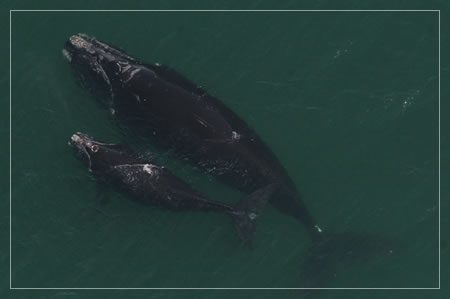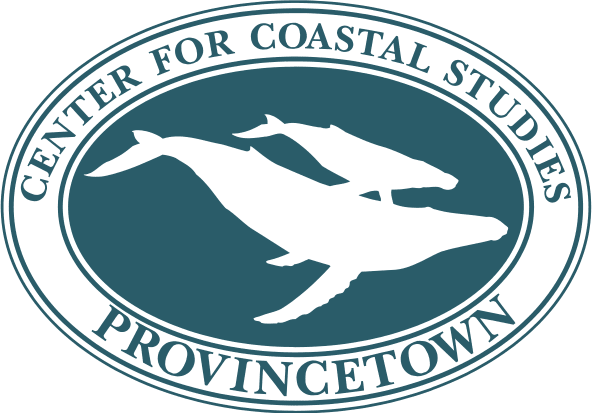New whale rescue networks and case studies of entanglement issues and activities from around the world were highlighted last week (April 21 – 23) at the first official meeting of the International Whaling Commission’s Global Whale Entanglement Response Network at the Center for Coastal Studies (CCS) in Provincetown, MA.
Concern over the rising number of reported entanglements worldwide, the risk posed to humans attempting to release entangled whales, and the prolonged suffering caused to these animals, led the International Whaling Commission (IWC) to develop an entanglement response capacity-building program in 2012. The program, which grew out of a joint initiative on the whale entanglement issue led by Australia, Norway and the USA, is a partnership with the Center for Coastal Studies.
Richard Delaney, President and CEO of CCS, said:
“The loss of whales through entanglement has been a priority concern for researchers and responders at the Center for Coastal Studies since its first rescue in local waters in 1984, and we are thrilled to partner with the IWC and share our long time expertise with others from around the world.”
Since 2012, approximately 500 trainees from 22 countries have received training from Center for Coastal Studies responders and other expert members of the IWC’s expert advisory group, at the request of the host countries.
The 26 workshop participants, who hailed from 12 countries, reviewed new tools and techniques, and re-affirmed the current best practices (consensus principles and guidelines) for maximizing human safety and the successful release of entangled large whales. They also welcomed reports from several of the new networks that trained with CCS and IWC since the program began, including Argentina, Brazil, Mexico, Panama and the United Kingdom.
In particular, the workshop participants praised Mexico’s tremendous efforts to build a National response network called RABEN. With the help of the IWC and CCS, they now have 180 trained personnel in 15 teams, and have released 31 whales.
Astrid Frisch, the coordinator of RABEN, who interned at the Center for Coastal Studies and has remained in close contact with the CCS Marine Animal Entanglement Response (MAER) team said:
“We want to bring a group [of some key team members] here to Provincetown for a more intensive apprenticeship. Some questions are only answered through experience. So we need the super trainers, those with great experience, who can speak to these things. Each event is different, and we are always learning, so the training is never ending.”
Milton Marcondes, a responder from Brazil, added:
“I came [to the Center for Coastal Studies] for one month. [Coming for the apprenticeship] was a very good opportunity to go beyond the theoretical, to understand how to do diagnostic work using telemetry and health assessments to understand much better how whales became captured in gear… I want to work more with our fishermen, and take the next step to organize our rescue team.”
The workshop also re-affirmed its commitment to collecting information from entanglement responses; these data will ultimately allow researchers to determine methods to prevent entanglements. Participants examined new tools for documentation and provided advice to the IWC on the development of a global entanglement database, and made recommendations for an upcoming International workshop on the prevention of large whale entanglement.
The vital importance of this work was clearly demonstrated by the ongoing consultations concerning an entangled sperm whale in the Caribbean, the successful release of a humpback whale by the South African team during the workshop, and the release of a young humpback whale by the Center for Coastal Studies team shortly after the workshop concluded.
For more information about the IWC please contact [email protected] or see www.iwc.int/entanglement

Our Work
Humpback Whale Research
Right Whale Research
Marine Animal Entanglement Response
Marine Geology Department
Water Quality Monitoring Program
Marine Fisheries Research
Seal Research
Shark Research
Marine Education
Interdisciplinary
Marine Debris and Plastics Program
Marine Policy Initiative
Cape Cod Climate Change Collaborative
Publications

